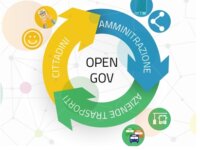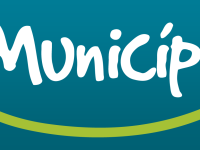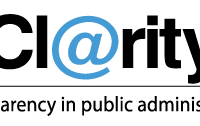Sardinia Region involved all the mobility stakeholders in participating in the “federated network of collective transport open data” and all the data concerning scheduled services were published: buses, trains, ferries, airplanes. Various info-mobility services were developed by ICT enterprises. A web application was developed to allow users to notify transport inefficiencies to agencies and public administration, which are now interconnected with users in order to improve public service…
Innovation Tag Opengov: accountability
Budget Monitor is a ICT tool of SAOG that promotes transparency,accountability,efficiency of public administration through increased citizen scrutiny. BM establishes two way communication with taxpayers:
1.provides sophisticated budgetary information by easy-to-interpret visualizations and dynamic graphs for free and
2.enables citizens to get involved in audit process by informing SAOG about deficiencies in public spending,providing recommendations and contribute to improved public service…
Proactive Transparency initiative in Bosnia and Herzegovina is the first policy to address proactive disclosure of government information, co-created by the public institutions and civil society organisations. The result of of this collaboration was a policy document, 38 defined standard pieces of information, research conducted by civil society and improvement of government transparency.
My Municipality (Meu Município) a free public portal that organizes and makes available the financial performance of 90% of the Brazilian cities in a intuitive, user-friendly way. It is used for citizens to understand, monitor and compare how Brazilian municipalities collect and spend our money. My Municipality is also designed for public managers in their analysis and decision-making about the city's directions.
In a context where the channels between institutions and citizens have been broken by corruption, Día Blanco [White Day] is developed to promote bonds of trust and legitimacy among communities. In the last 3 years, more than 35,000 citizens have been mobilized by this innovative experience, which helps social organizations to inform their communities about their management and impact on local development through social accountability exercises.
The Electronic System for the Citizen Information Service (e-SIC) was developed to enable, in a cost-effective and efficient way, the reception and processing of access to information requests. The system facilitated the implementation of the Access to Information Act and serves as an essential tool for monitoring its implementation.
Case Study
Implementation of the Access to Information Act, Electronic System for the Citizen Information…
Law nº 12.527/2011, the Access to Information Act, has come to materialize, in practice, transparency mechanisms of public information predicted in the 1988 Brazilian Federal Constitution, and in other several international treaties.
The Law consolidates the understanding that public information is owned by society, not by public bodies that produce or keep it.
Reviewing and improving mechanisms of various processes, such as increasing transparency and knowledge management, were implemented.
Institutions in the Greek government upload their acts and decisions on the Transparency Portal. Each document is digitally signed and assigned a unique number ensuring that acts and decisions are not valid unless published online. An open data tool enables the re-use of published information. The direct accountability brought by means of the Portal upon the administration, provides fewer opportunities for corruption since citizens and interested parties can monitor the publications and report…





